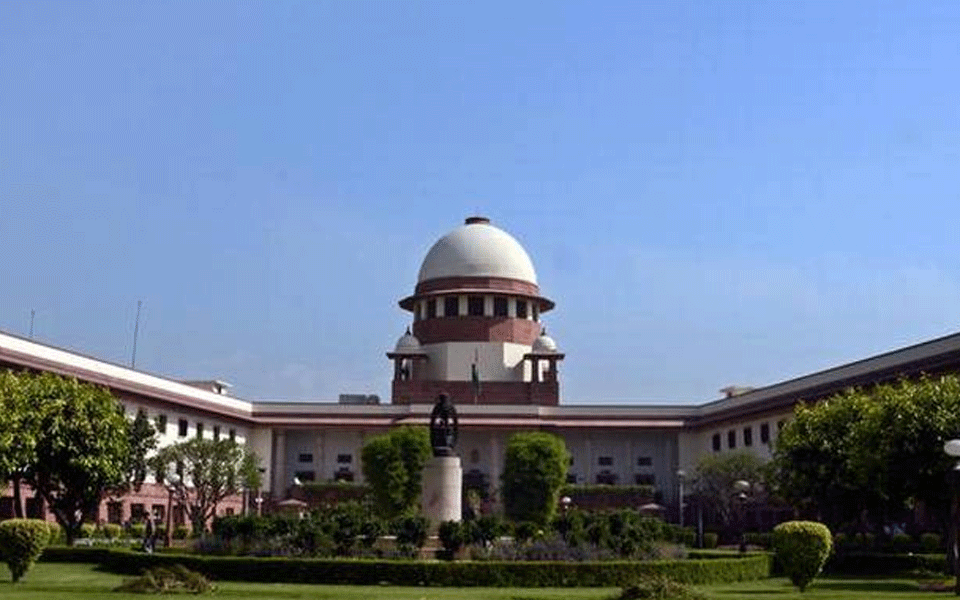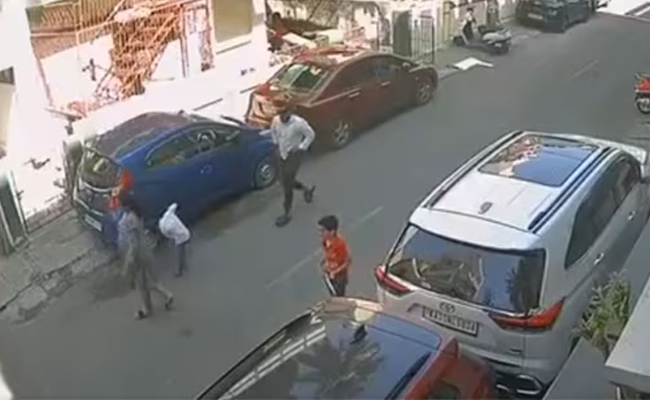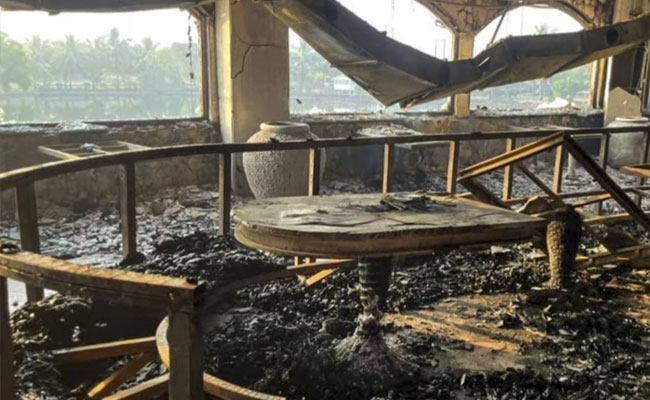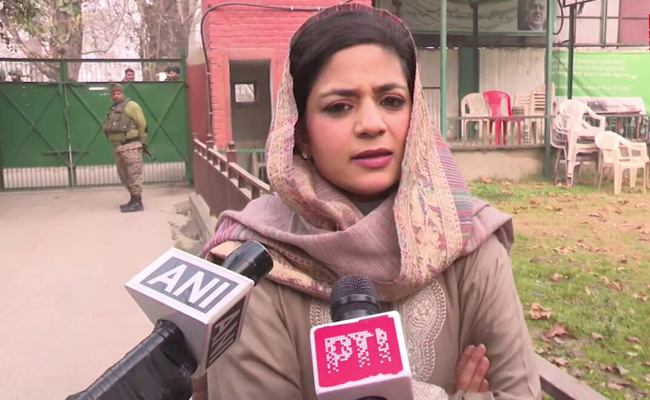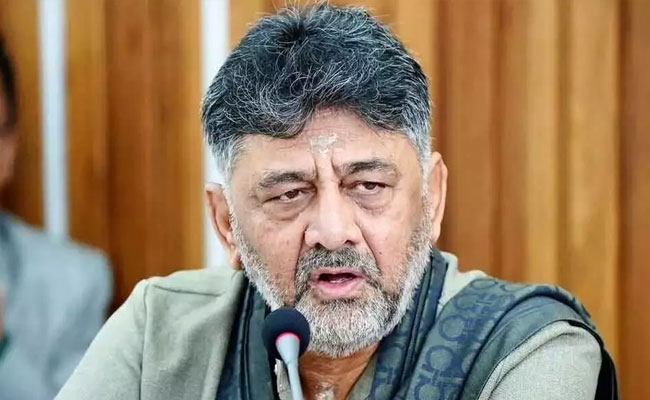New Delhi, July 11: The Supreme Court on Wednesday sought presence of Deputy Commissioners of Delhi's South, West and Central zones for not complying with its order to seal unauthorised constructions.
A bench of Justice Madan B. Lokur and Justice Deepak Gupta also summoned chairman of Special Task Force (STF), constituted to monitor issues relating to unauthorised constructions in Delhi, to appear before it on July 18.
The monitoring committee - mandated to identify and seal unauthorised structures in the national capital - alleged non cooperation by the civic agencies in a report filed before the bench.
The bench while perusing the report, took into note a media report submitted by the committee, as per which Union Urban Affairs Minister Hardeep Singh Puri had rapped the officials for carrying out the drive without using "common sense".
"You (government) have no intention to work, which even the monitoring committee has informed. Your minister said that the monitoring committee had no common sense in sealing the properties. Monitoring committee was constituted by us, that means the court has no sense as per you," said the bench.
"We do not have common sense. We do not know how to work. Please ask him where should we get common sense. Is it available in the market? Ask him so that we can get some common sense also," Justice Lokur told Additional Solicitor General A.N.S. Nadkarni, who was appearing for the Centre.
"We are being told that we lack common sense. If something is there in the newspapers, you say it is false. That is why we do not have common sense.
"See how your department is making hurdles in the working of the committee," said the anguished bench.
The report said that pubs and dancing clubs are working in illegal properties and the SDMC has not taken any action, added the bench.
The court was earlier told that the municipal bodies was refusing to carry out the directions of the committee on the grounds that the amendments to the Master Plan-2021 were yet to be finalised.
Let the Truth be known. If you read VB and like VB, please be a VB Supporter and Help us deliver the Truth to one and all.
Bengaluru (PTI): A five-year-old boy was injured after he was allegedly kicked by a neighbour while playing near his uncle’s house, police said on Friday.
The incident occurred in Thyagarajanagar on December 14.
CCTV footage of the incident showed the child, identified as Neev Jain, playing badminton with other children outside the house when a man approached him from behind and suddenly kicked him.
The impact caused the boy to fall to the ground. The man was then seen casually walking away from the spot without offering any help or showing concern, the footage showed.
Police said a preliminary inquiry revealed that the accused is suffering from a mental health disorder and is undergoing treatment.
According to police, in her complaint, the boy’s mother, Deepika Jain, stated that she had visited her elder brother Manoj’s house on December 14.
At around 1.10 pm, while her son was playing with other children near the house, a resident of the neighbouring house, identified as Ranjan, allegedly kicked the child without provocation.
As a result, the boy fell and sustained bleeding above the eyebrow and abrasions on his hands and legs, she said.
Based on the complaint, a case was registered under Section 115(2) (voluntarily causing hurt) of the Bharatiya Nyaya Sanhita. The accused was arrested and later released, a senior police officer said.
A five-year-old boy was injured after a passerby kicked him while he was playing near his grandmother's house in Bengaluru's Thyagarajanagar.
— IndiaToday (@IndiaToday) December 19, 2025
More details in the video#Bengaluru #Child #Playing #IndiaTodayShorts pic.twitter.com/K8DkVT7AKD

